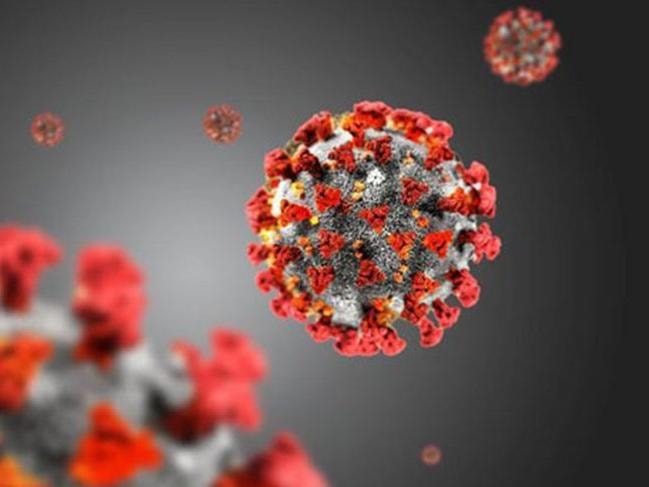Common virus causes 'kissing disease' and increases cancer risk by 5 times!

Easily transmitted through saliva and other bodily fluids, EBV, while often asymptomatic, can cause mononucleosis, commonly known as the "kissing disease." Scientists already knew that the virus can persist in the body for life and can cause some types of lymphoma and a rare form of throat cancer. However, data on the virus's broader health effects were lacking.
The study, published in the journal Nature Communications, followed approximately 74,000 people in southern China for eight to 10 years. During this period, 1,990 cancer cases were identified and the participants' antibodies against EBV infection were examined. These antibodies are considered indicators of previous infection with the virus.
INCREASES CANCER RISK 5-FOLDAccording to a study conducted jointly by the WHO's International Agency for Research on Cancer (IARC) and research centers in China, individuals with EBV antibodies have an approximately five-fold increased risk of developing cancer compared to those without. It was also determined that the higher the antibody level, the higher the cancer risk.
Dr. Zisis Kozlakidis, a co-author of the study, said the findings will help understand the link between EBV infection and different types of cancer. The highest risk was seen in nasopharyngeal cancer, a rare cancer affecting the back of the throat, between the nose and mouth. Individuals with EBV were 26 times more likely to develop this cancer than those without the infection.

Additionally, EBV antibodies were found to be associated with an increased risk of lung, liver, and various blood cancers (lymphomas). The study emphasized that other risk factors, such as smoking, may have influenced the results, and the findings may not be directly applicable to different demographic groups.
Still, the researchers say they shed important light on cancer-related viruses like EBV and that further investigation into how the virus causes cancer is warranted. While EBV doesn't lead to cancer in most people with mononucleosis, the virus can cause genetic changes in cells, potentially leading to cancer.
WHAT IS KISSING DISEASE?Infectious mononucleosis (kissing disease), also known as glandular fever, is an infection usually caused by the Epstein-Barr virus (EBV), and while most people are infected with this virus as children, the disease often has no symptoms.
However, in young adults, mono presents with symptoms such as fever, sore throat, enlarged lymph nodes in the neck, and prolonged fatigue. While most people recover within two to four weeks, fatigue can persist for months in some cases. Swelling of the liver and spleen may also occur, and in rare cases, the spleen may rupture.
SÖZCÜ





